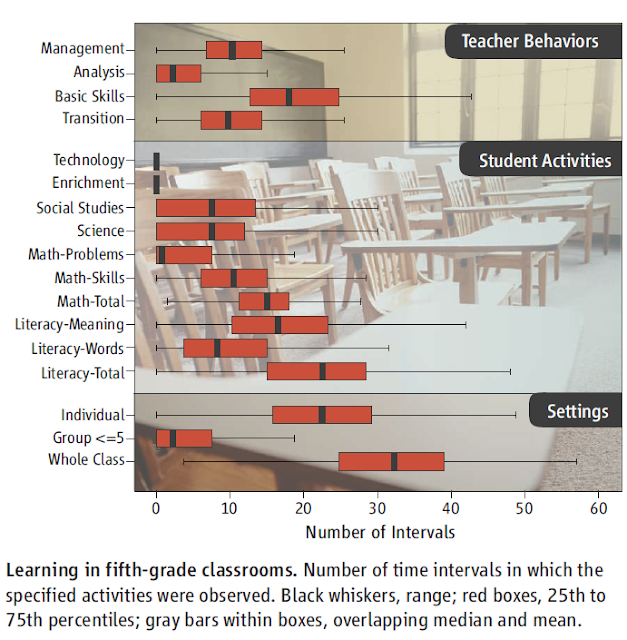We Need to Be More Thoughtful on Matters Concerning Education
Psychologist Daniel Willingham does not hold anything back in his recent blog post as he criticizes a New York Times' article authored by Nicholson Baker. In both social and print media, people seldom claim to be experts in the natural sciences except when they really are. In stark contrast, with education everyone seems to think that they know everything. Willingham therefore implores editors of American periodicals to exercise great care so as not to misinform the public regarding education. As a tip, Willingham provides a list of items that can serve as good warning flags:
Besides the admonition, Willingham never fails to provide to cite consequential findings from research. This recent post is no exception as he brings us back to an important study published in Science almost a decade ago. Our experiences are obviously very limited yet we are often tempted to use these as evidence. Baker's article in the New York Times is an example. We may think we know what actually goes on inside schools in the US, but there is in fact research work that provides a picture much more comprehensive than what we may have experienced through our own schooling or by our children. For instance, what do teachers do most of the time is a question most would not hesitate to answer or comment on. But here is what research actually tells us:
These are the findings from 2007. Did you know that a significant amount of time in fifth grade classrooms is spent on skills? Did you know that teachers spend a lot more time on management and transition than on analysis? Did you know that technology plays a very small role in a fifth grade classroom?
Moreover, in terms of classroom climate, the following is often missed perhaps because of our prejudices:
"Not to be overlooked is the fact that these classrooms are typically emotionally warm and positive places for the children enrolled and there appears to be a somewhat more pronounced emphasis on instruction than there was in 1st and 3rd grades."
Any article that centers on any one of the above items should not be published since any one of these is patently untrue.
- Technology is poised to revolutionize learning and schools.
- Competition would solve all problems in American education.
- American education is the best in the world and all challenges in educational outcomes are due to poverty.
- Teachers are fools, and the teacher’s unions are organized crime syndicates dedicated to protecting them.
- All of America’s problems in education can be traced to standardized tests and if teachers were simply allowed to teach as they wished, all would be well.
Besides the admonition, Willingham never fails to provide to cite consequential findings from research. This recent post is no exception as he brings us back to an important study published in Science almost a decade ago. Our experiences are obviously very limited yet we are often tempted to use these as evidence. Baker's article in the New York Times is an example. We may think we know what actually goes on inside schools in the US, but there is in fact research work that provides a picture much more comprehensive than what we may have experienced through our own schooling or by our children. For instance, what do teachers do most of the time is a question most would not hesitate to answer or comment on. But here is what research actually tells us:
 |
| Above copied from Pianta RC, Belsky J, Houts R, Morrison F. Opportunities to Learn in America’s Elementary Classrooms. Science (New York, NY). 2007;315(5820):1795-1796. doi:10.1126/science.1139719. |
Moreover, in terms of classroom climate, the following is often missed perhaps because of our prejudices:
"Not to be overlooked is the fact that these classrooms are typically emotionally warm and positive places for the children enrolled and there appears to be a somewhat more pronounced emphasis on instruction than there was in 1st and 3rd grades."
Comments
Post a Comment